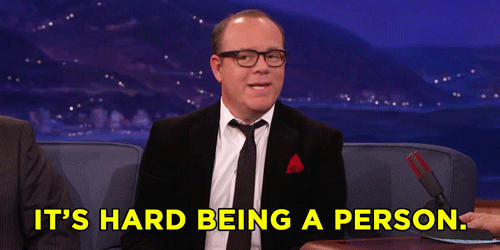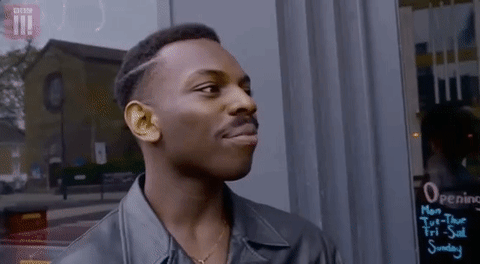Why you keep doing that thing you don't want to do. . . and how to change for the better.
Hello dear readers,
Let's talk about why change
- even positive, desirable, I-know-this-will-make-my-life-BETTER change -
is so tough.
Benign example:
A couple weeks ago,
I discovered a driving shortcut
to the gym I've been frequenting for a decade.
This new way is much faster.
And since I've discovered it,
I've only remembered to take it twice.
I'm minutes down the road before I realize,
"UGH! I meant to take the better way!"
Of course
this is a common refrain in my human life.
I find myself on my phone first thing in the morning
"UGH. Meant to meditate!"
Find myself hungry at bedtime
"UGH. Meant to eat a better dinner."
Find myself trying to multitask as I work
"UGH. Meant to focus on one project at a time."
Why is changing our ways so hard?
Easy.
Because our animal brains love consistency,
and experience efficiency in consistency,
and value efficiency above all else.
Our brains are interested in conserving power.
So:
When I drive away from the gym
the way I've always driven away from the gym
my brain uses very little energy.
Even though the actual route is much less efficient,
the auto-pilot decision is much more so.
I don't have to think about which way to turn,
I just turn the way I've always turned.
Same with the other examples:
I mindlessly pick up the phone.
Mindlessly snack at bedtime.
Mindlessly switch tabs on my browser as I work.
Now of course
true efficiency
and
best use of power
come through being mindFUL.
But being mindFUL takes energy
and our animal brains don't like that one bit.
Our animal brains see energy expenditure
as threat.
And rightfully so, by the way!
Especially because our animal brains
accurately experience 21st century life
as full of stresses and uncertainties
and quite short on permission to rest.
So
in an effort to mitigate threat
and minimize energy expenditure,
the brain asks us to just keep doing what we've always done.
And yet.
That's not what we're here for.
The mindless same-old same-old
is NOT where true comfort
and real efficiency
reside.
Alright then:
how do we make changes in how we live
when a big part of us would just rather not?
We need three ingredients.
Three threat-minimizing strategies
to assuage the inner scaredy cat.
I'll share the first with you today:
Self-compassion.
When I realize I've turned the wrong way,
I smile at myself, rather than kick myself.
When I find myself snacking before bed,
I am gentle and self-understanding
rather than castigating myself for arriving at 10pm hungry.
This self-compassionate strategy
features inner conversation rich in self-kindness.
It's super simple
but - sadly! - not so easy.
Saying things to our minds like,
"Aw, change is hard.
We're doing the best we can."
and
"Hey, we've been running on empty,
so no wonder we're settling into easy old patterns.
Let's recharge, because we deserve better!"
is for most of us not as easy as being irritated
and self-judgey.
But
as we practice being understanding,
loving,
and kind to ourselves
this helps greatly to minimize the threat we feel.
Like
I find myself on the old road
mindlessly driving away from the gym
and I just smile and shake my head.
I say, "Wrong way, honeybun."
(I do endeavor to address myself in that way)
I don't escalate the threat
with an inner diatribe.
I just thank myself for noticing
thank myself for going to the gym at all
thank myself for remembering there's a better way home
and promise to fuel up
so I can try again tomorrow.
*
I know
that you know
there are some changes you could make
that would really serve you.
I'm here to help you navigate the discomfort in that.
So: strategies 2 & 3
for helping to mitigate the threat
that even positive changes bring
are coming your way this week!
Stay tuned.




